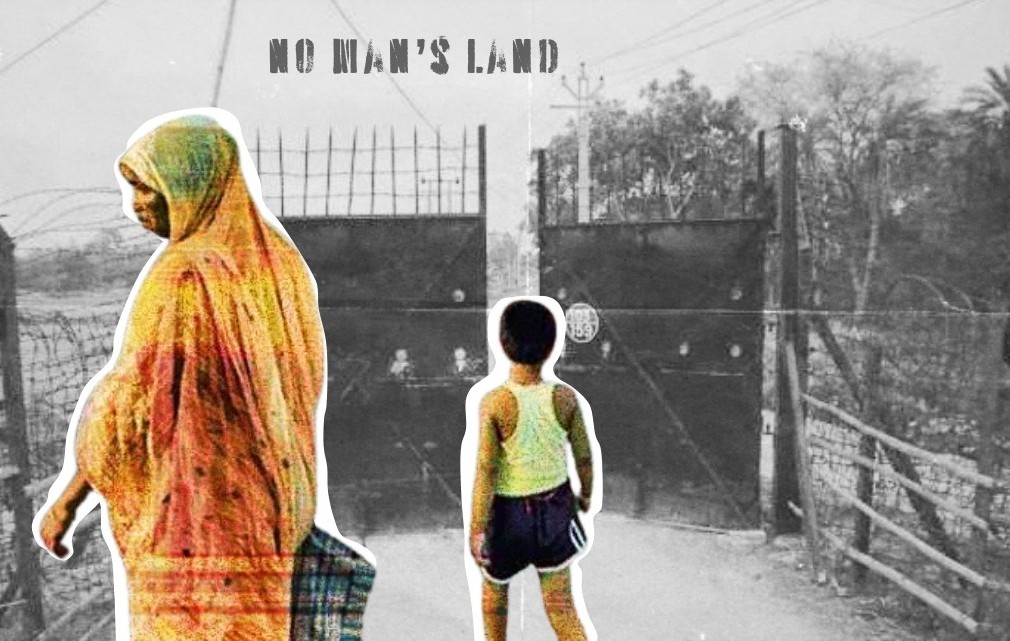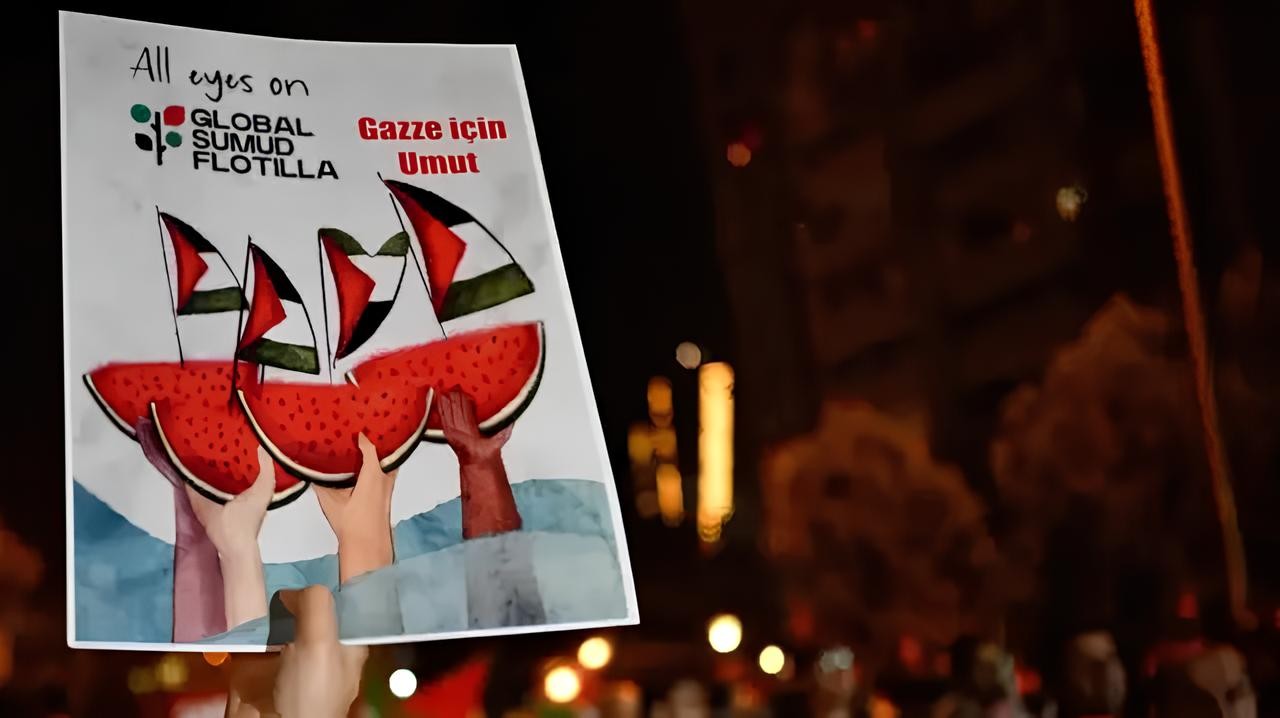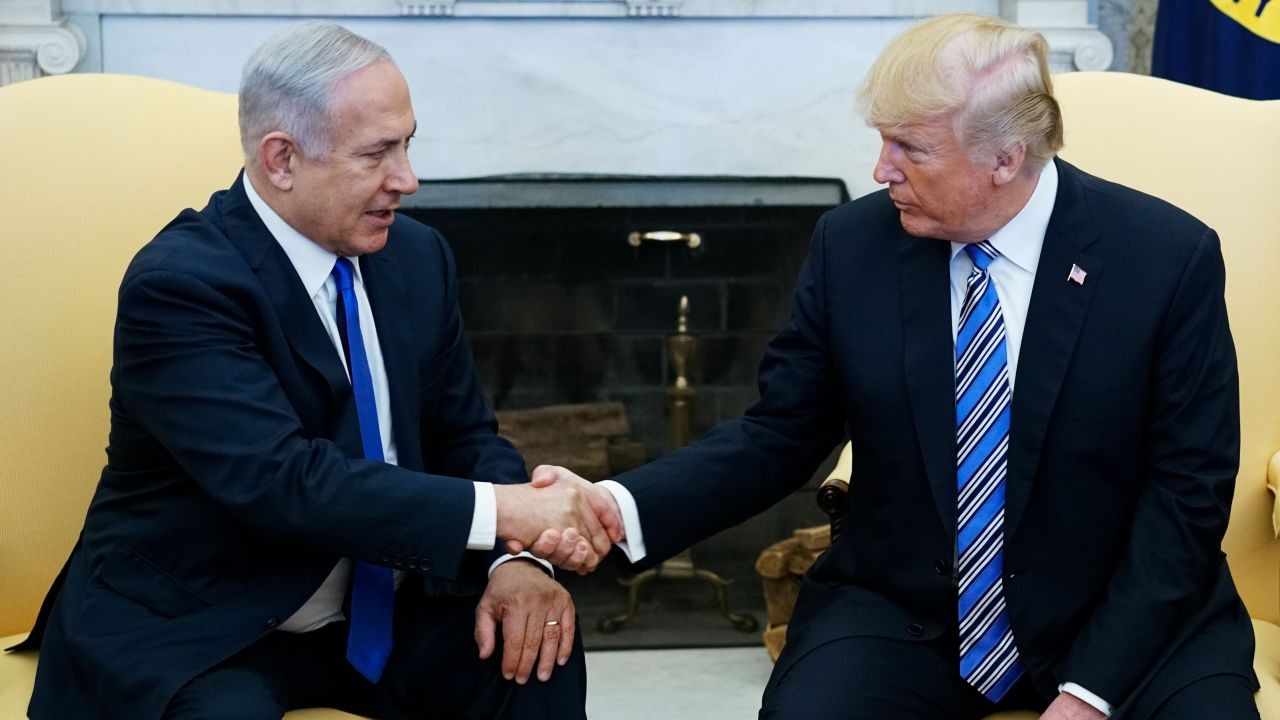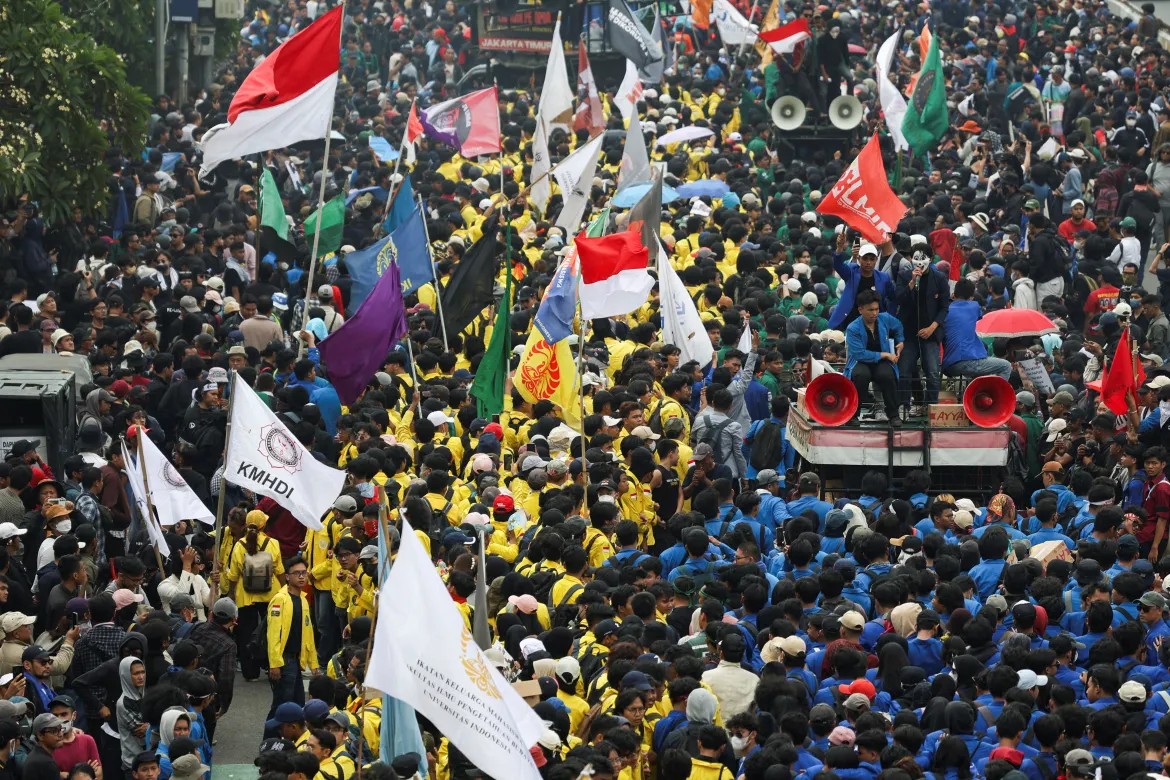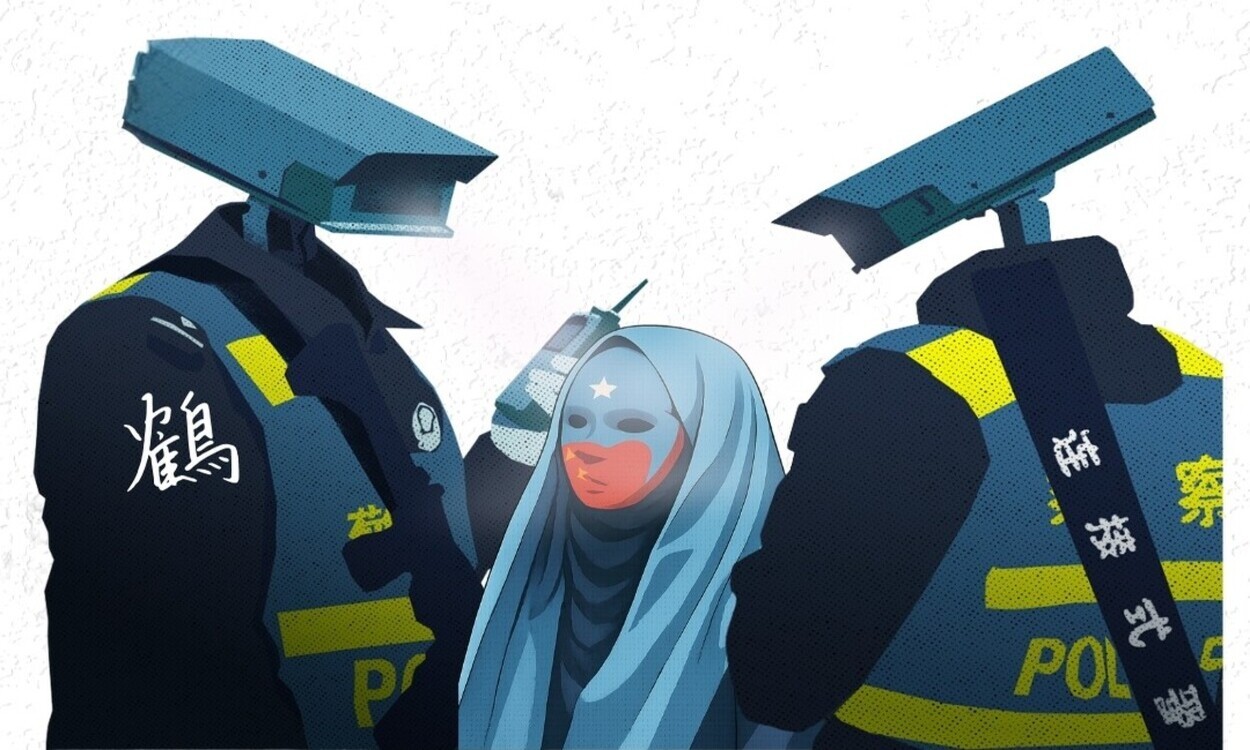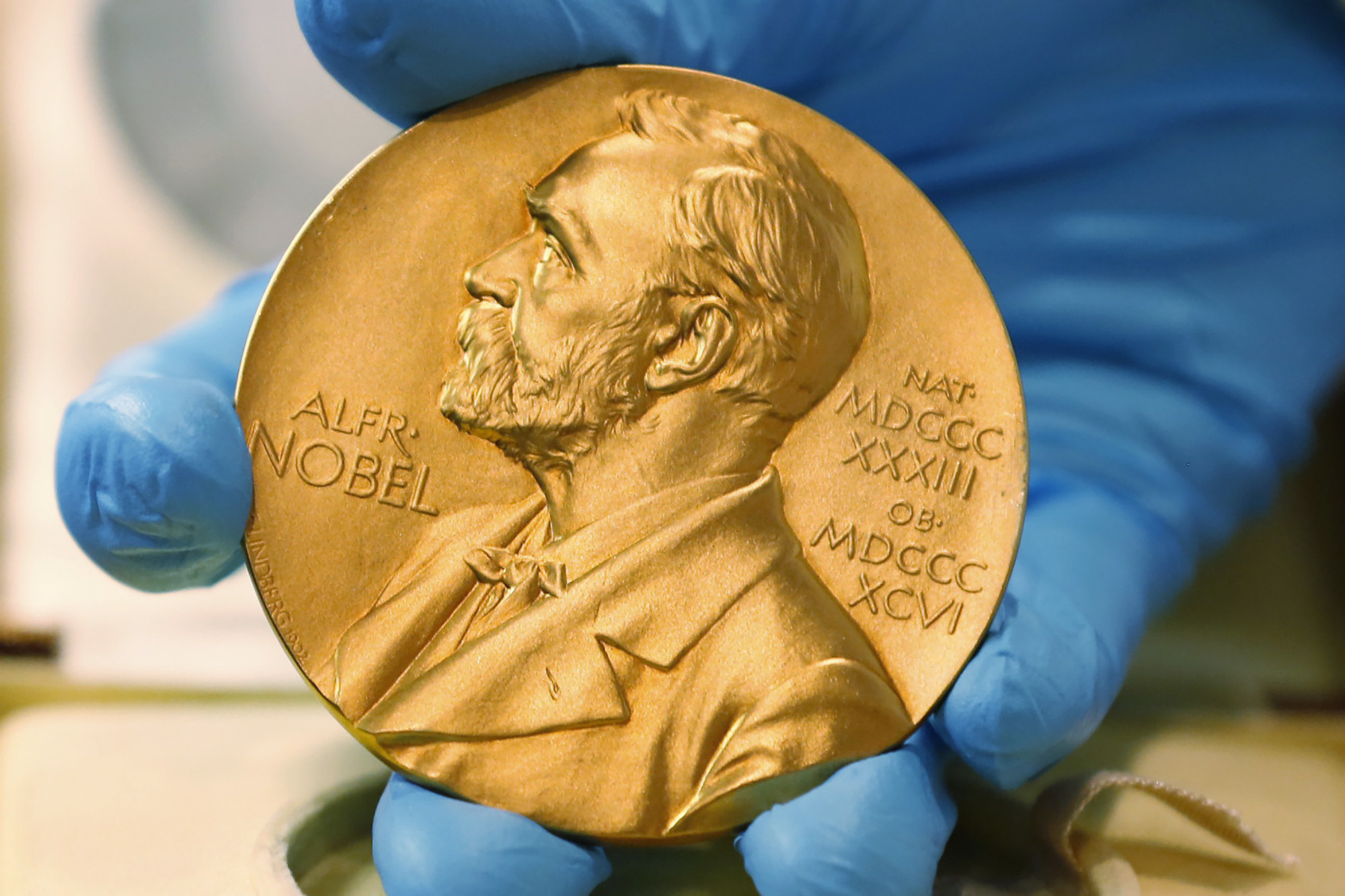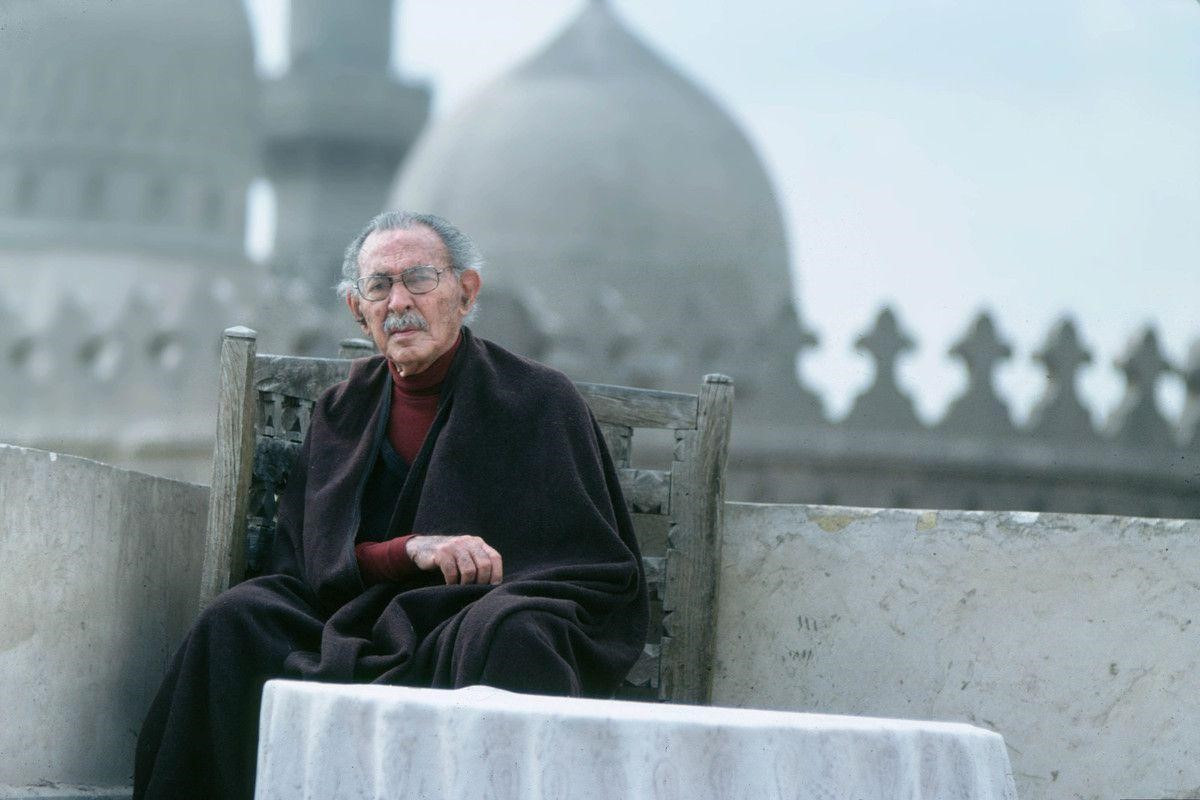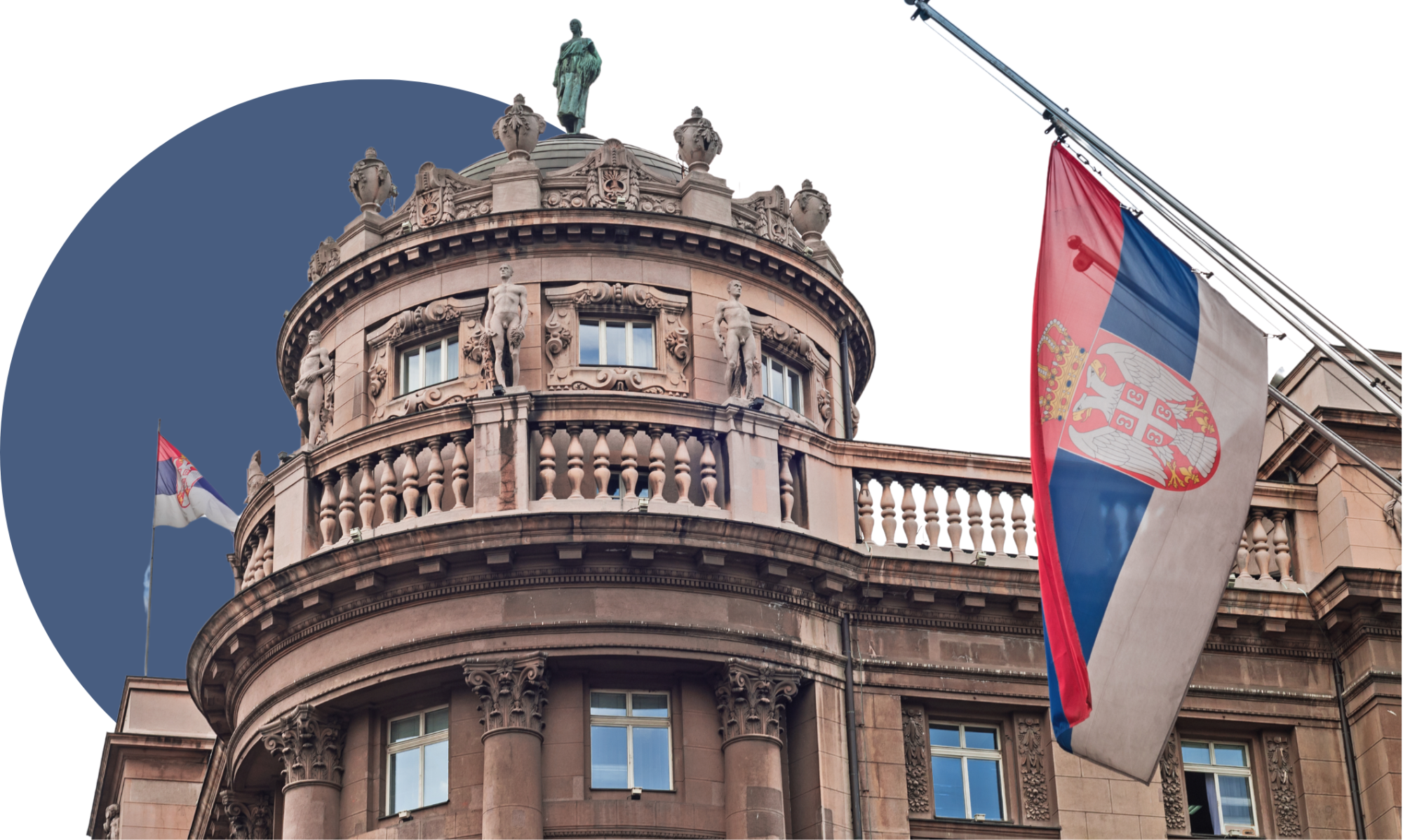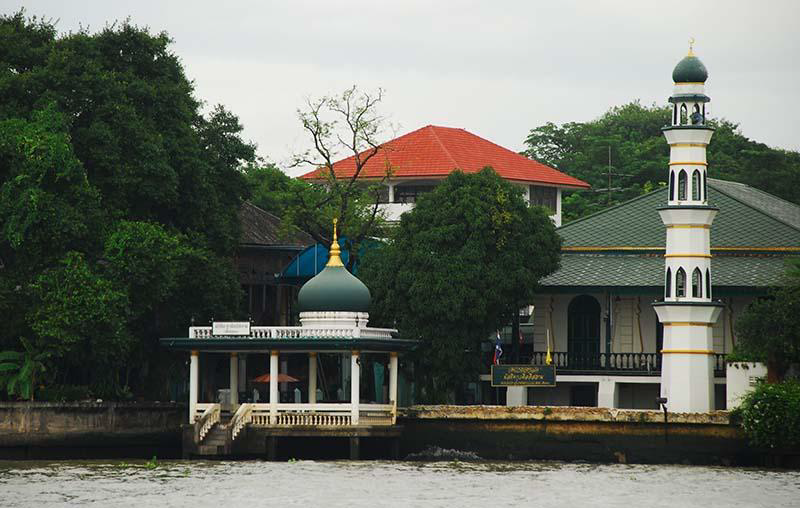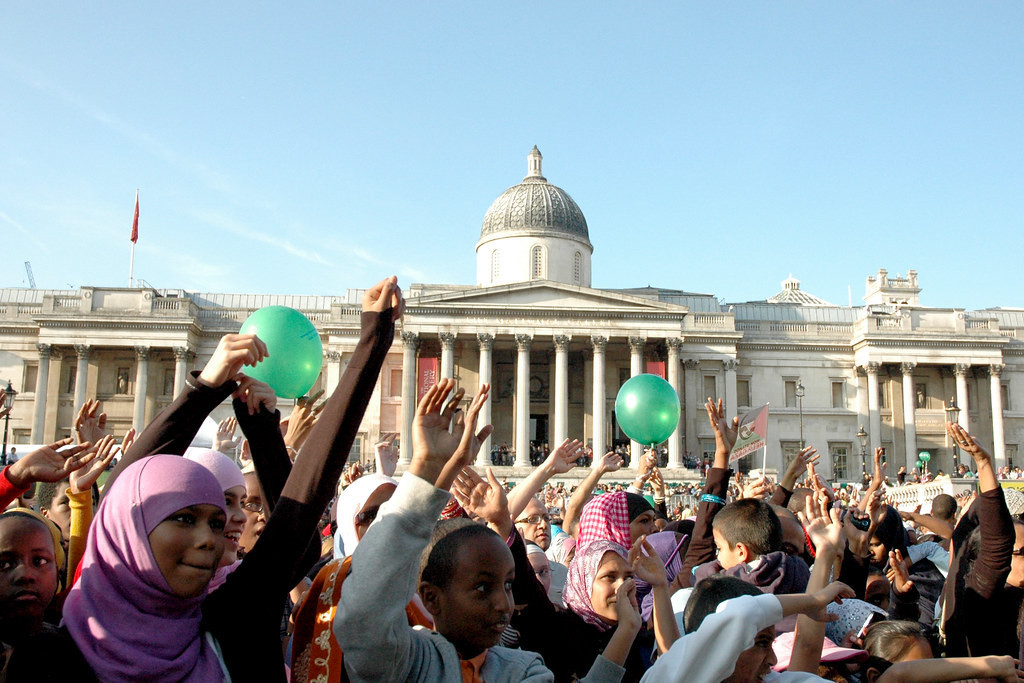
An Overview of British Muslim Political and Civic Engagement
The British Muslim population constitute a significant minority in the UK. The latest Census results from 2021 estimate 3.9 million people identify as British Muslims, (6.5% of the population in England and Wales), an increase from 2.7 million British Muslims (4.9%) in 2011. The census results for Scotland 2022 have not yet been published. The 2021 Census for England and Wales also highlighted the increase in ethnic groups – with British Bangladeshi’s increasing from 0.8% in 2011 to 1.1% in 2021; Indian’s increasing from 2.5% to 3.1%; Pakistani’s increasing from 2% to 2.7% and Arabs from 0.4% to 0.6%. Not all members of these ethnic groups are Muslim, and there are many Muslims in other ethnic categories of the Census, but this gives an indication of the increasing ethnic diversity of the UK. Given the ethnic diversity and younger demographic of British Muslims, they have an important role to play in political and civic participation.
The United Kingdom is a constitutional monarchy. The monarch is King Charles III and the Conservative Party are currently serving in Government. Parliament is made up of two Parliamentary chambers – the House of Commons and the House of Lords. There are also devolved governments in Scotland, Wales and Northern Ireland, made up of the Scottish Parliament, Welsh Parliament and the Northern Ireland Assembly.
The diversity in ethnic, geographical, and socio-economic spread of British Muslims has meant that the political party affiliations are also changing. Historically, British Muslim voters have commonly identified with the Labour Party due to its working-class and Union roots. The Labour Party was frequently seen as a tempting party due to their policies on multiculturalism and social justice that are attractive to Muslim voters. However, in recent decades as British Muslim socio-economic status has begun shifting, support across the political spectrum has begun to change, with support for the Conservative Party growing based on economic policies and social values; while both the Green Party, Liberal Democrats, and the Scottish National Party (in Scotland) are also attracting Muslim voters.
British Muslim elected political representatives - both locally and nationally - have increased substantially in the last decade. In 2019, Muslim candidates won a record 18 Parliamentary seats; up from 15 in the 2017 General Election. Newly elected in 2019 were Apsana Begum (Labour MP for Poplar & Limehouse), Zarah Sultana (Labour MP for Coventry South) and Tahir Ali (Labour MP for Birmingham Hall Green). Apsana Begum was also the first hijab wearing Muslim woman to become an MP.
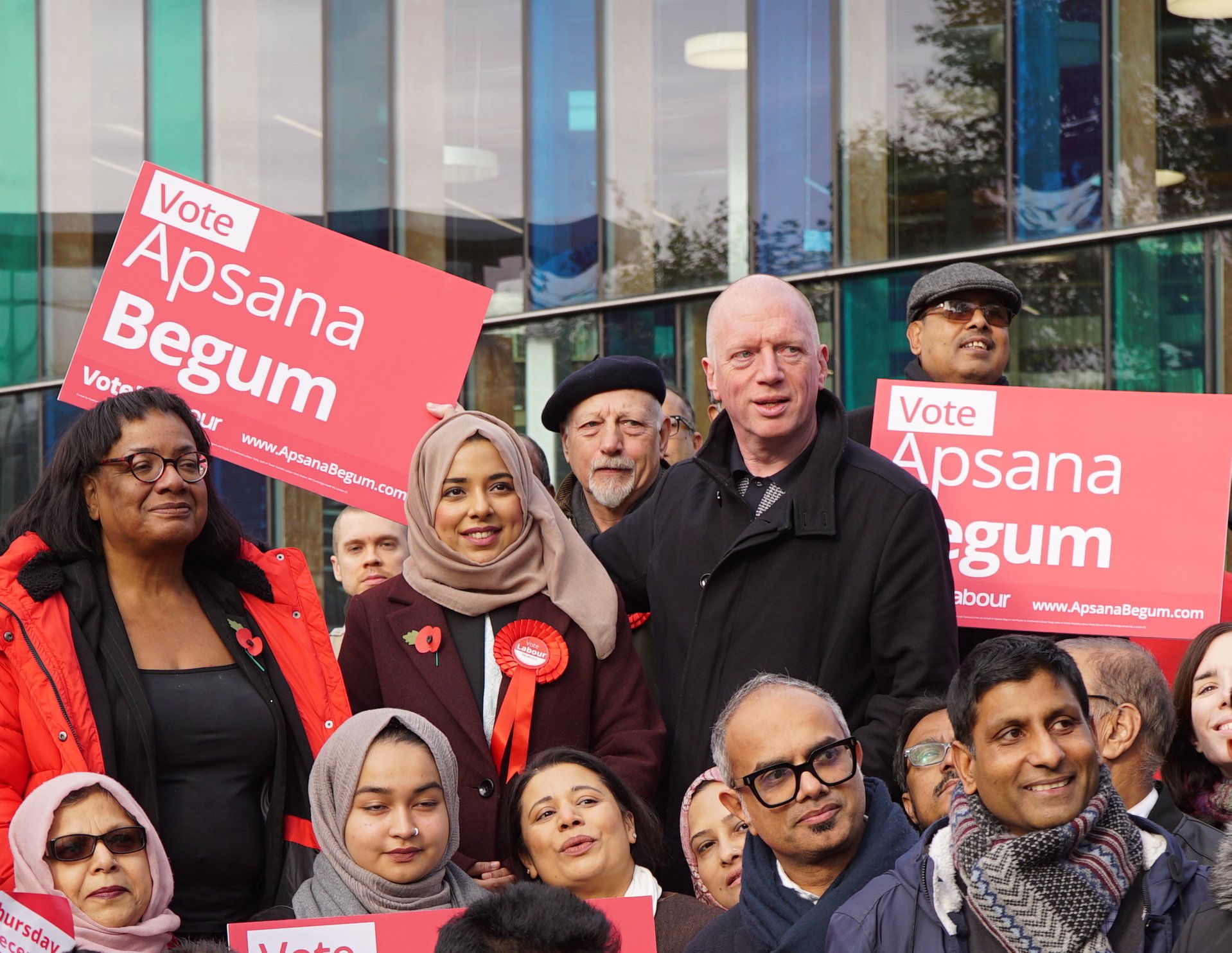
There is certainly continued success for many female Muslim MPs from the 2017 to the 2019 election with the re-election of Rushanara Ali (Labour MP for Bethnal Green & Bow), Yasmin Qureshi (Labour MP for Bolton South East), Shabana Mahmood (Labour MP for Birmingham Ladypool), Naz Shah (Labour MP Bradford West), Tulip Siddiq (Labour MP for Hampstead & Kilburn), Rupa Huq (Labour MP for Ealing Central & Acton), Rosena Allin-Khan (Labour MP for Tooting) and Nusrat Ghani (Conservative MP for Wealden).
"Several politicians of Muslim heritage have held prominent positions within political parties, serving as ministers, shadow ministers, and party leaders at various levels."
They include Sajid Javid who served as Secretary of State for Health and Social Care from June 2021 to July 2022, having previously served as Home Secretary from 2018 to 2019 and Chancellor of the Exchequer from 2019 to 2020; Nadhim Zahawi, who was Secretary of State for Education in 2021/22; London Mayor Sadiq Khan, who has served as the first Muslim Mayor of London since 2016; Baroness Sayeeda Warsi, a British-Pakistani member of the House of Lords, who served as the first Muslim female cabinet minister in the UK, holding positions as co-Chairwoman of the Conservative Party from 2010 to 2012, Minister without Portfolio and as Minister of State for Faith and Communities. In March 2023, Humza Yousaf was elected as the First Minister of Scotland and Leader of the Scottish National Party (SNP). At local Government level, there are over 400 British Muslim local councillors and local Mayors.
Essentially, British Muslims are not monolithic in their political interests or party affiliation. While efforts to provide a more comprehensive political sphere has meant that advocacy and activism across communities has improved, the continued effort to create a more inclusive political environment should mean that British Muslims can continue to play an active role in shaping the nation's political landscape.
British Muslims are also involved in grassroots activism to address issues affecting their community and promote social justice. They participate in campaigns and initiatives related to civil liberties, anti-racism, Islamophobia, refugee rights, and other social and political causes. One of the not-for-profit organizations that aims to tackle these issues is the Muslim Engagement and Development (MEND). MEND mentions that its objectives are to “empower and encourage British Muslims within local communities to be more actively involved in British media and politics”. It works towards encouraging voter registration, and empowering individuals and communities to work towards the common good through civic engagement.
There continues to be challenges and issues faced by British Muslims in the political sphere. There have been incidents of Islamophobia by politicians that have not been thoroughly investigated. Muslims have also faced discrimination and heightened public attention due to concerns around national security and counterterrorism measures such as Prevent. Counter-terrorism measures include gathering intelligence, covert surveillance, stop and search, arrests, lengthy periods in detention and security checks at airports (including body scanners). These counter-terrorism measures have both direct and indirect impact on human rights, equality, community cohesion and community policing.
"Overall, research highlights that the majority of British Muslims identity strongly with a British national identity, and are loyal citizens."
Surveys that have been conducted emphasis that British Muslims feel a sense of belonging to the UK, as described in a report by Ipsos, which brings together and analyses research from various sources and explores the attitudes of British Muslims as well as the views of the public towards Muslims. In the report, it underlines that “88% say they very or fairly strongly belong to Britain” and in “a 2016 survey, 93% said they felt they belonged to Britain, with more than half saying they felt this “very strongly”, and in another survey in 2015, 95% said they feel loyal to Britain”[1]. This has in part been supported by their active engagement in not only political and civic spheres, but also in the arts, business, sports and education. These arenas have vastly helped in normalizing the belonging of British Muslims.
Islam as a faith places a huge emphasis on public responsibility, charity and community. British Muslims actively engage in many areas of civic life, including community volunteering, interfaith initiatives and charity work. Muslim organizations also work to foster dialogue and understanding between Muslims and non-Muslims, aiming to combat misconceptions and promote cohesion. One such umberella organization is the Muslim Council of Britain (MCB). The MCB was inaugurated in 1997, and its vision statement is "empowering the Muslim community towards achieving a just, cohesive and successful British society". The Muslim Council of Britain (MCB) is the UK’s largest Muslim umbrella organisation with over 500 members including mosques, schools, charitable associations and professional networks. It is grassroots led, cross sectarian and independent.
The current Secretary General of the Muslim Council of Britain is Zara Mohammed. Zara Mohammed was elected in 2021 and re-elected in 2023 and became the youngest and first female Secretary General of the Muslim Council of Britain.
Some organizations are set up to support all communities against discrimination. Hope Not Hate is one such national organization started initially as a space for anti-facist campaigning. Hope Not Hate then grew to defend “Through our work, we defend, champion and promote democracy and the rule of law; speaking out against anti-democratic and authoritarian forces and policies” and this has included fighting against Islamophobia and Anti-Muslim hate. They do this through a multitude of methods including campaigning, research, publications, educating, advocating and policy recommendations.
Muslims in the UK actively participate in volunteering and charity work, both within their communities and in wider society. They contribute their time, skills, and resources to support various causes, such as providing aid to vulnerable populations, supporting local initiatives, and responding to humanitarian crises. Many Muslim-led charities and organizations are involved in philanthropic efforts, including providing food, shelter, education, and healthcare services.
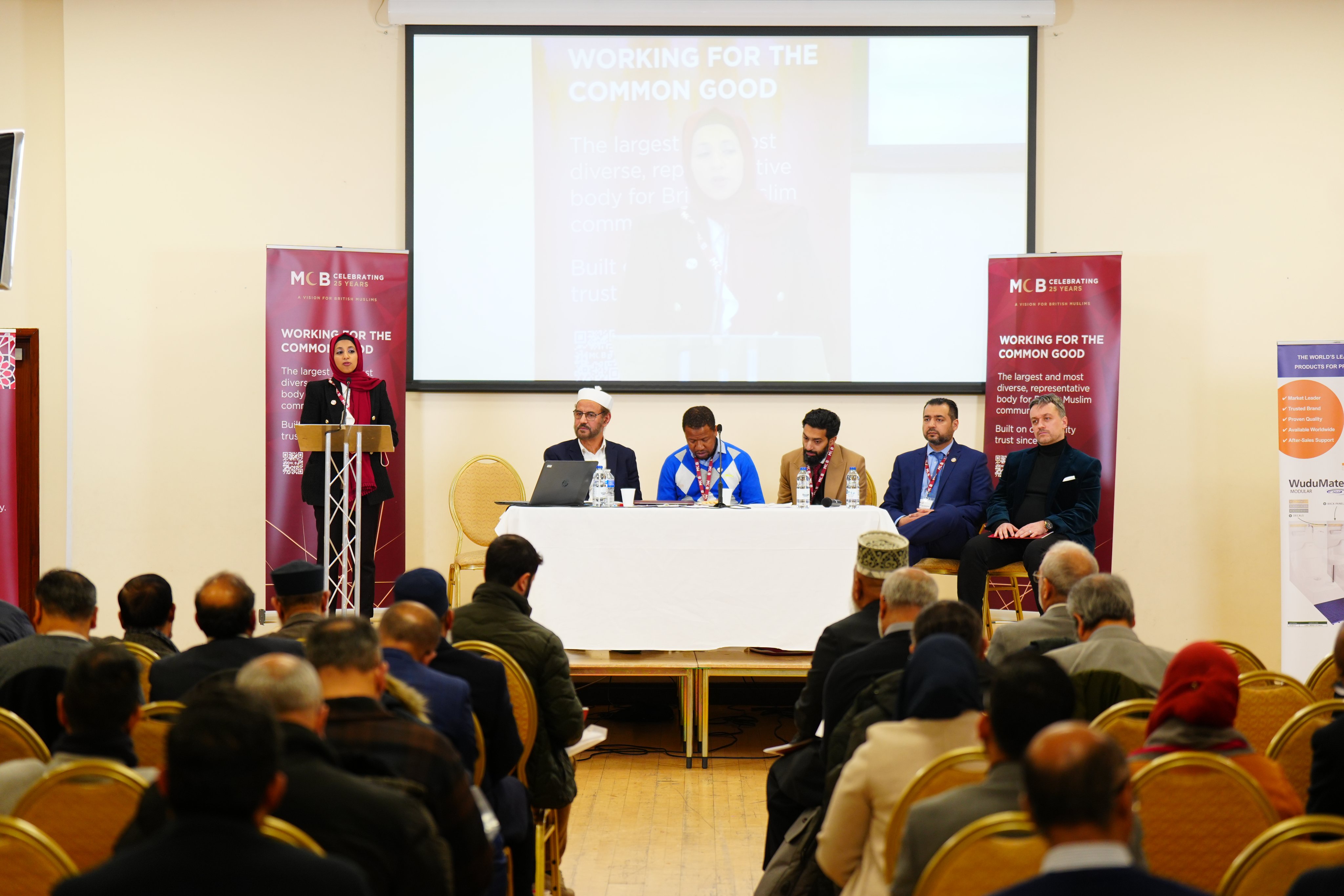
Some organizations are set up to work on advocacy campaigns to protect and promote civil rights and combat Islamophobia. They engage with policymakers, participate in consultations, and support campaigns that address issues such as Islamophobia, hate crimes, and racial inequality. These include the MCB’s Media Monitoring team, that aim to tackle media misrepresentation “Promoting Fair and Responsible Reporting of Muslims & Islam” through the analysis of online articles and broadcast content daily, challenging publishers and broadcasters when incidents of Islamophobia or discrimination take place, holding them accountable. They also provide support and organize training for stakeholders. One of the key activists in this area is the British Muslim leader Miqdaad Versi who has been involved in challenging media misrepresentation and Islamophobia through his work as the Assistant Secretary General of the Muslim Council of Britain and as director for media monitoring at the Muslim Council of Britain.
To summarize, the engagement of British Muslims in both the political sphere and community space includes campaigning and advocacy, volunteering and interfaith initiatives. Many of the organizations that have grown organically to support the British Muslim communities have done so through the need of the communities they serve, but Muslims are also supported by many intercommunity initiatives that contribute to strengthening social cohesion, and help build concrete foundations for new generations of British Muslims to build upon in their political and civic engagement.
[1] https://www.ipsos.com/sites/default/files/ct/publication/documents/2018-03/a-review-of-survey-research-on-muslims-in-great-britain-ipsos_0.pdf or https://www.ipsos.com/en-uk/review-survey-research-muslims-britain-0
Asma Mustafa
Dr. Asma Mustafa Oxford Üniversitesi İslam Araştımaları Merkezinde araştırma görevlisi olarak çalışmaktadır. İngiliz Müslümanları üzerine çok sayıda çalışması olan Mustafa'nın önemli eserleri arasında Identity and Political Participation Among Young ...
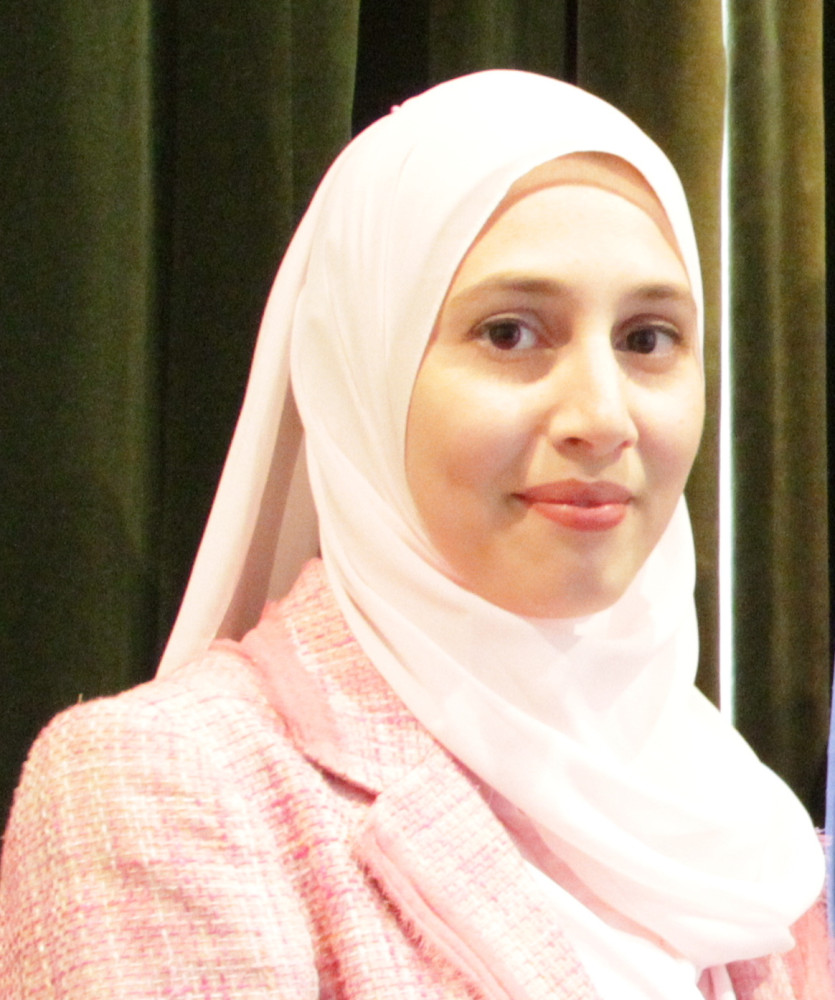 Asma Mustafa
Asma Mustafa